It is currently the peak tourist season, the sudden increase in visitors has caused many restaurants and eateries to not fully comply with hygiene and food safety procedures. In addition, having to preserve too much food in limited facilities also makes food spoil easily, causing the risk of poisoning for users.

An interdisciplinary inspection team of Hanoi city checks the origin of food at a restaurant in Thanh Xuan district. Photo: Trang Thu
Foods that can easily cause poisoning
According to the Ministry of Health , in May 2023, there were 9 food poisoning cases nationwide with 269 people poisoned, including 1 death. In the first 5 months of 2023, there were 34 food poisoning cases nationwide with 613 people poisoned, including 9 deaths. During the tourist season, hot weather makes food spoil easily. In addition, improper food use, processing and preservation habits are also the cause of increased risk of poisoning cases.
According to Dr. Dao Tran Tien, Deputy Head of the Gastroenterology Department (Tam Anh General Hospital, Hanoi), to be ready to serve the increasing number of customers, restaurants have had to stockpile a lot of food. If the food preservation and processing process does not ensure hygiene and safety, it can easily cause food poisoning to tourists. The cause of food poisoning is often due to microorganisms in the food; spoiled food; food with preservatives, additives... exceeding the permitted level or natural toxins in the food.
Giving evidence of foods that can easily cause poisoning, Dr. Dao Tran Tien said that seafood has a high content of protein, protein and minerals, so if eaten in large quantities, the digestive system will have difficulty absorbing and metabolizing them all, causing digestive disorders. In particular, some types of seafood contain toxins that are harmful to health such as tetrodotoxin found in puffer fish, blue-spotted squid, blue octopus, some species of sea snails (such as conch and snail, Japanese conch, conch and red-mouth conch, mud snail, pearl snail, etc.). The microalgae toxin saxitoxin is often found in sea snails (moon snail, conch, conch...), bivalves, and some species of crabs. Shellfish such as oysters, clams, mussels, green mussels... if raised in polluted water, and the preparation process is not hygienic, can be contaminated with norovirus causing vomiting and diarrhea. In addition, salads such as mixed salad, mixed salad, rare meat; Meat, pickled fish; fermented pork rolls; sushi; sashimi... are also at high risk of being infected with bacteria and parasites that cause poisoning.
“Some people have the habit of bringing canned food when traveling. However, protein-rich foods in sealed containers create an environment for the anaerobic bacteria clostridium botulinum to grow and secrete botulinum toxin. When entering the body, this toxin attaches to the nerves, causing paralysis of all muscles, easily leading to respiratory failure, and even death. Therefore, when using canned food, it is necessary to discard expired canned food, cans that are bulging or deeply dented, deformed, have changed color, or taste,” Dr. Dao Tran Tien added.
Ways to prevent poisoning when traveling
Hanoi is a locality with many historical sites and relics that attract many domestic and foreign tourists to visit and travel. Therefore, ensuring food hygiene and safety is always a top priority. Head of the Hanoi Food Safety Department Dang Thanh Phong said that the unit has required hotels, restaurants, food service establishments, and street food to strictly follow the food processing and preservation process; especially choosing food with clear origin...
“The city’s authorities will strengthen inspection, examination and strict handling of violating establishments, and at the same time require immediate correction of even the smallest shortcomings and errors such as not using gloves when handling cooked food, not cleaning trays and dishes, wearing jewelry when in direct contact with food, etc. Because even a small mistake can affect the health of consumers,” Mr. Dang Thanh Phong emphasized.
To prevent poisoning when eating seafood during a trip, according to Dr. Dao Tran Tien, Deputy Head of the Department of Gastroenterology (Tam Anh General Hospital, Hanoi), seafood should be selected fresh and alive before processing, processed to ensure hygiene and cooked thoroughly before eating. People should not use spoiled seafood or seafood that has been stored for a long time due to the high risk of bacterial contamination. In addition, people should not buy food sold on the beach, on the street, or in entertainment areas; processed foods sold in unsanitary places, not carefully covered from dust or flies, mosquitoes, etc.
Associate Professor, Dr. Nguyen Anh Tuan, Head of the Department of Digestive Surgery (108 Central Military Hospital) also noted that before coming to a new land, people should learn about local foods and local specialties, especially foods that can irritate the stomach. You should choose reputable and highly rated restaurants and eateries. Before eating, you should wash your hands regularly or use hand sanitizer. You should eat food that is fully cooked and hot. In particular, do not eat too much new food at one time. In addition, you should drink bottled water or boiled, clean water; avoid drinking ice water and water from taps or water filters that are not hygienic.
“Depending on the cause of the poisoning, different symptoms will occur. After eating contaminated, unsafe food, the patient will usually have a stomachache, diarrhea, nausea or vomiting, mild fever, headache, loss of appetite after about 30 minutes to 8 days. If diarrhea lasts more than 3 days, fever higher than 39 degrees Celsius, decreased vision, signs of severe dehydration such as dry skin, little or no urine, the patient should go to a medical facility immediately for timely examination and treatment,” Dr. Dao Tran Tien recommended.
Source





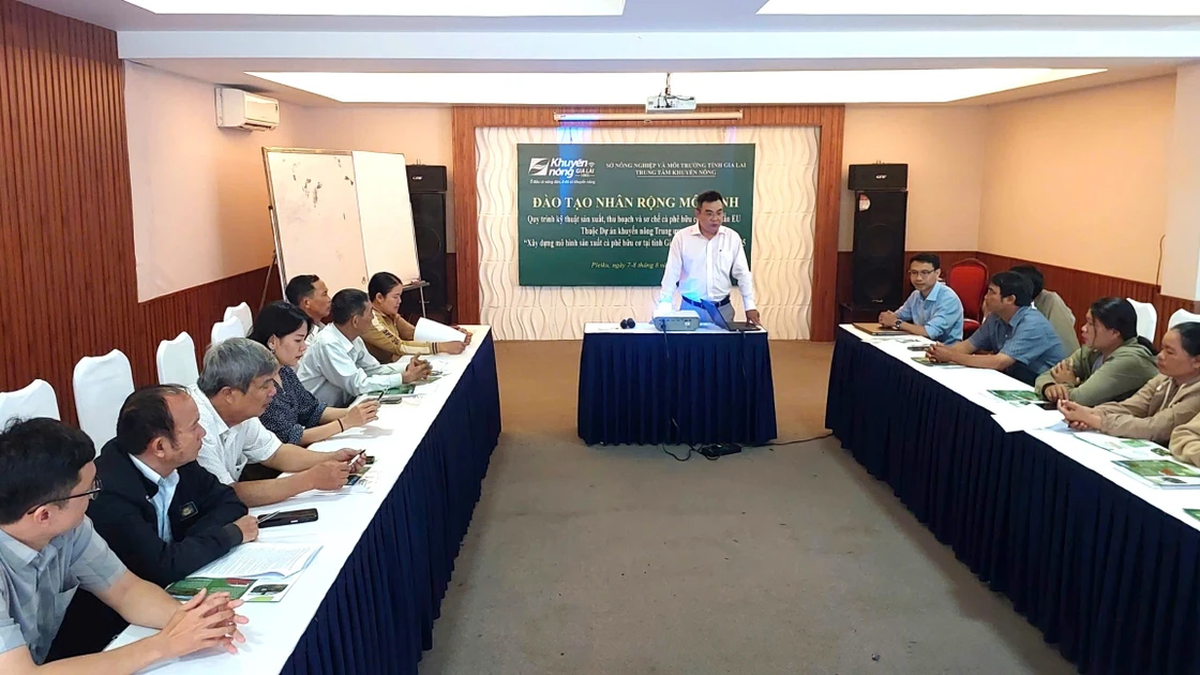


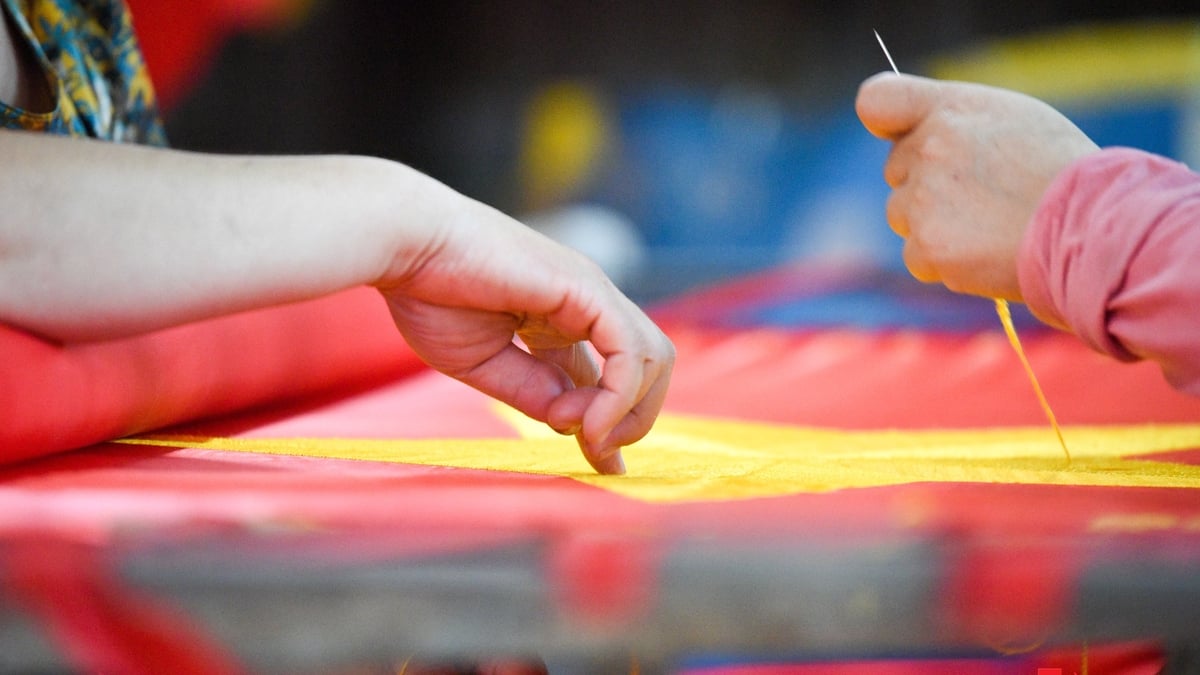



















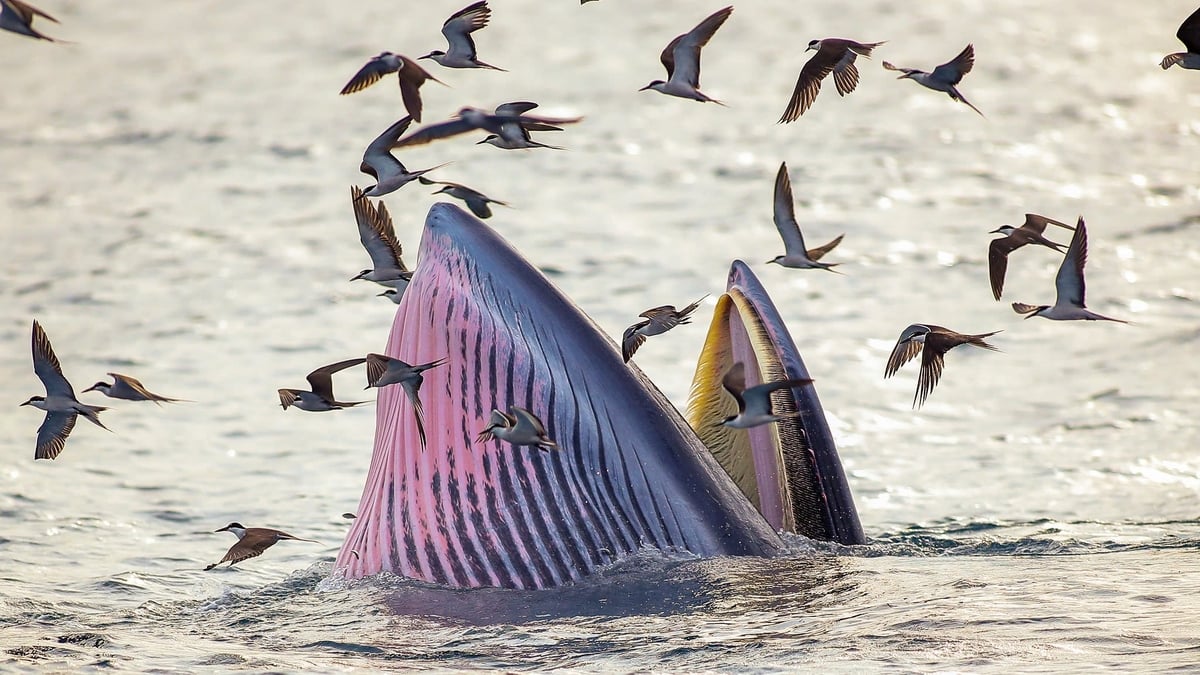



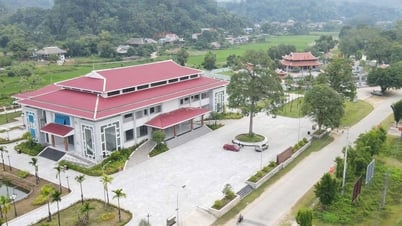








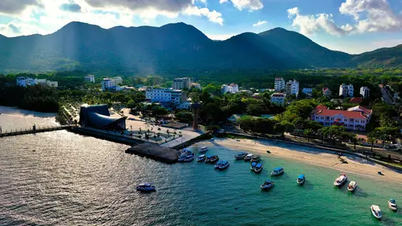





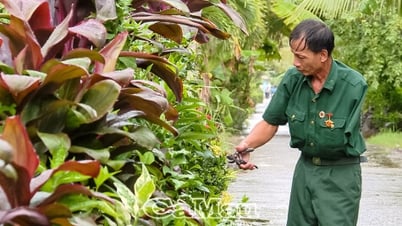











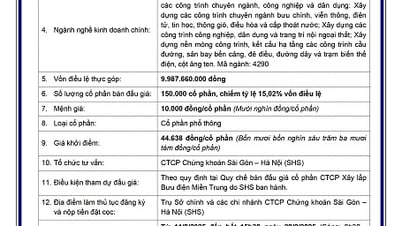
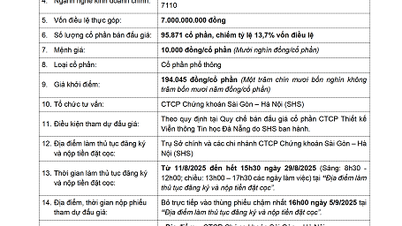







































Comment (0)